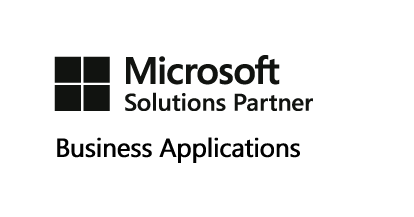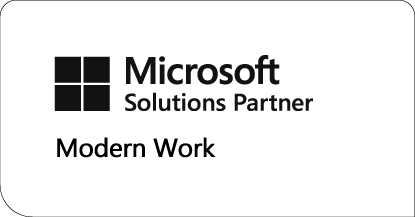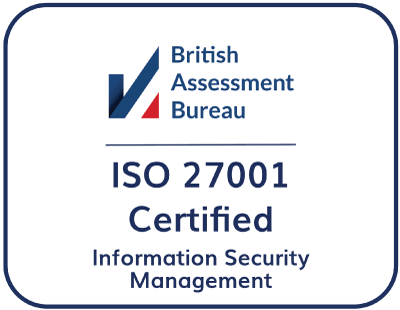Dynamics 365 Business Central
vs Finance & Supply Chain Management
Which of Microsoft’s market-leading ERP software solutions is right for your growing business?
And why organisational size shouldn’t be your only consideration!
Whilst Dynamics 365 Business Central1 is generally seen as Microsoft’s ERP software for small to mid-sized businesses and Dynamics 365 Finance & Supply Chain Management2 their ERP software for large enterprises; it is not always the size of your organisation that you should consider.
- Dynamics 365 Business Central was previously known as Dynamics NAV / Navision
- Finance & Supply Chain Management was previously known as Finance & Operations / AX
Strategic Requirement | Why Dynamics 365 Business Central? | Why Dynamics 365 Finance & Supply Chain Management? |
|---|---|---|
Growth | Multi-instance ERP software in different divisions allows your system to grow with you – particularly through mergers/acquisitions or when you have separate companies operating in multiple countries. Each instance can be unique and separate in the way it operates. Reporting from multiple entities will need additional support to provide full visibility. | Single instance ERP solution is suitable for large companies where reporting is needed across the board, regardless of the number of entities. It is also suitable for single-point control across the globe of the rollout of products and services. However, adding new companies could be more complex and costly. |
Management | Centrally managed organisations but decisions are made locally and need to be flexible to local market conditions. | Centrally managed organisations where decisions are made on a central, across-the-board basis rather than locally. |
Culture | Business decisions are made close to the local markets and use local intelligence to be competitive. | Business decisions are more policy-driven and made centrally across the business. Adapting to local markets is less important. |
Processes | Centrally managed organisations but decisions are made locally and need to be flexible to local market conditions. | Centrally managed organisations where decisions are made on a central, across-the-board basis rather than locally. |
Business scope | Finance and less complex business functions and processes. | Finance and more complex business functions and processes. |
Functionality | Standard, out-the-box functionality covers the essentials. Additional/vertical apps extend the standard package. | Standard, out-the-box functionality is deeper and more feature-rich. Vertical specific apps extend the functionality further. |
Implementation timeline | Faster implementation due to low business complexity and the ability to make decisions on requirements quickly. Faster time to value. | Longer implementation as a result of more complex business needs and alignment with multiple entities across the globe. |
Cost | Lower licencing and lower implementation costs. | Higher licencing and higher implementation costs. |
Still unsure which ERP solution is the right fit for your specific requirements?
If you have more questions and want to learn more about which solution you should go for, get in touch with our team.








